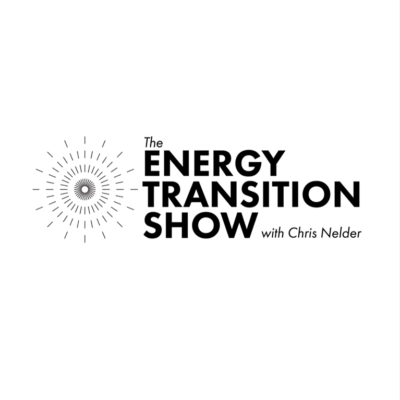Conversation with Chris Nelder

[Episode #68] – Environmental Economics
In an economy as large and complex as the United States, how can we tell when our efforts at energy transition are working? How do we calculate our carbon emissions? How do we know why emissions fell, especially if increased efficiency can rebound into more consumption, an effect known as the Jevons Paradox? How should we calculate the cost of damage due to climate change, and how we should choose the discount rates we use in evaluating investments to stop it? And even if we knew the answers to all these difficult questions, how should we act, given how little certainty we have about the future of the climate, and of the trajectory of energy transition itself? Can economic theory even help us plot a sensible path toward energy transition and climate change mitigation? Our guest in this episode has published extensively on all of these thorny questions, and we’ll discuss that research with him, along with his current research into solar geoengineering.
Geek rating: 7
Guest: Gernot Wagner is a research associate and lecturer at Harvard University, a co-director of Harvard’s Solar Geoengineering Research Program, and a co-author of Climate Shock.
Recording date: March 16, 2018
Air date: May 2, 2018
Listen to the full podcast.